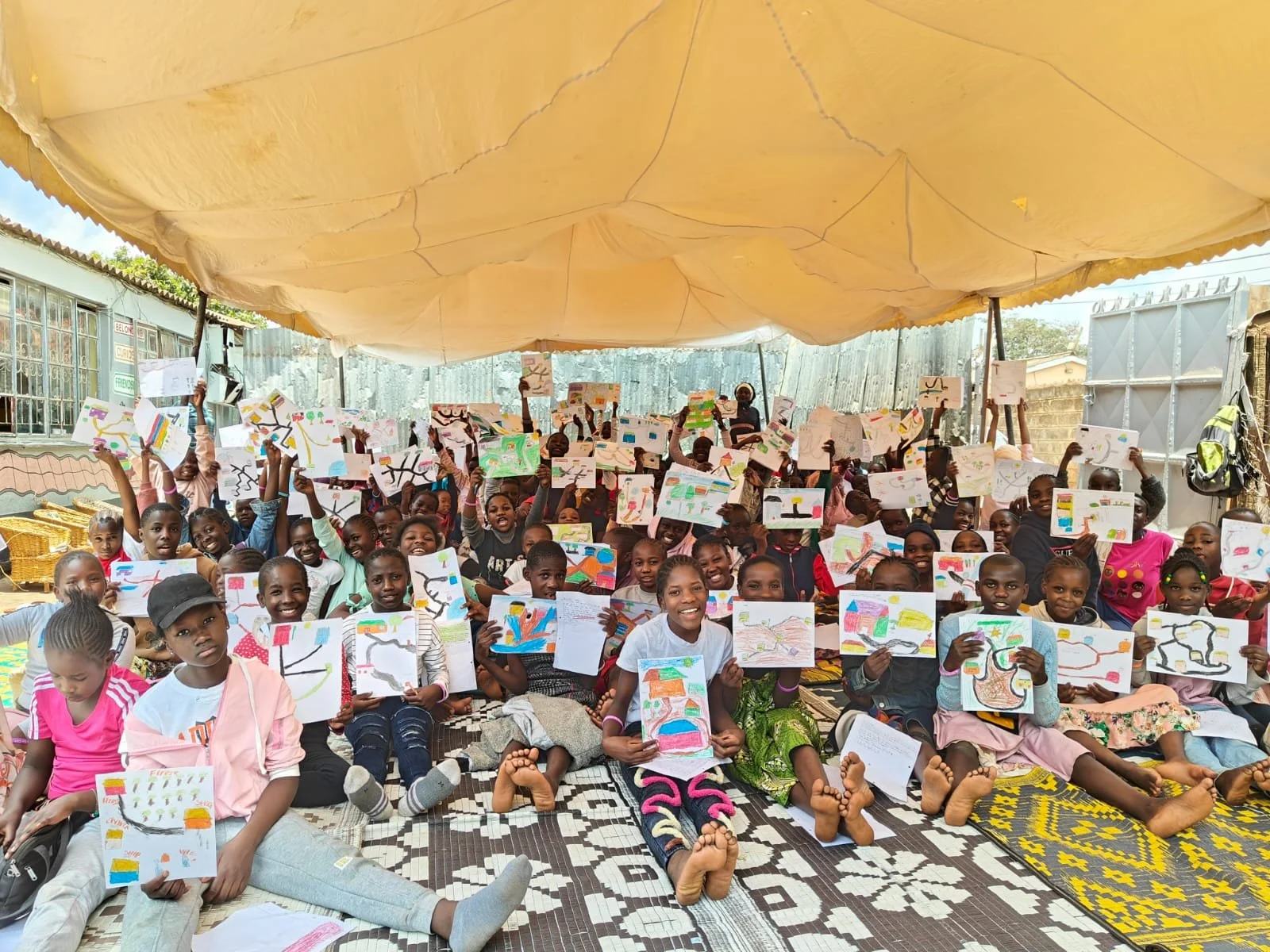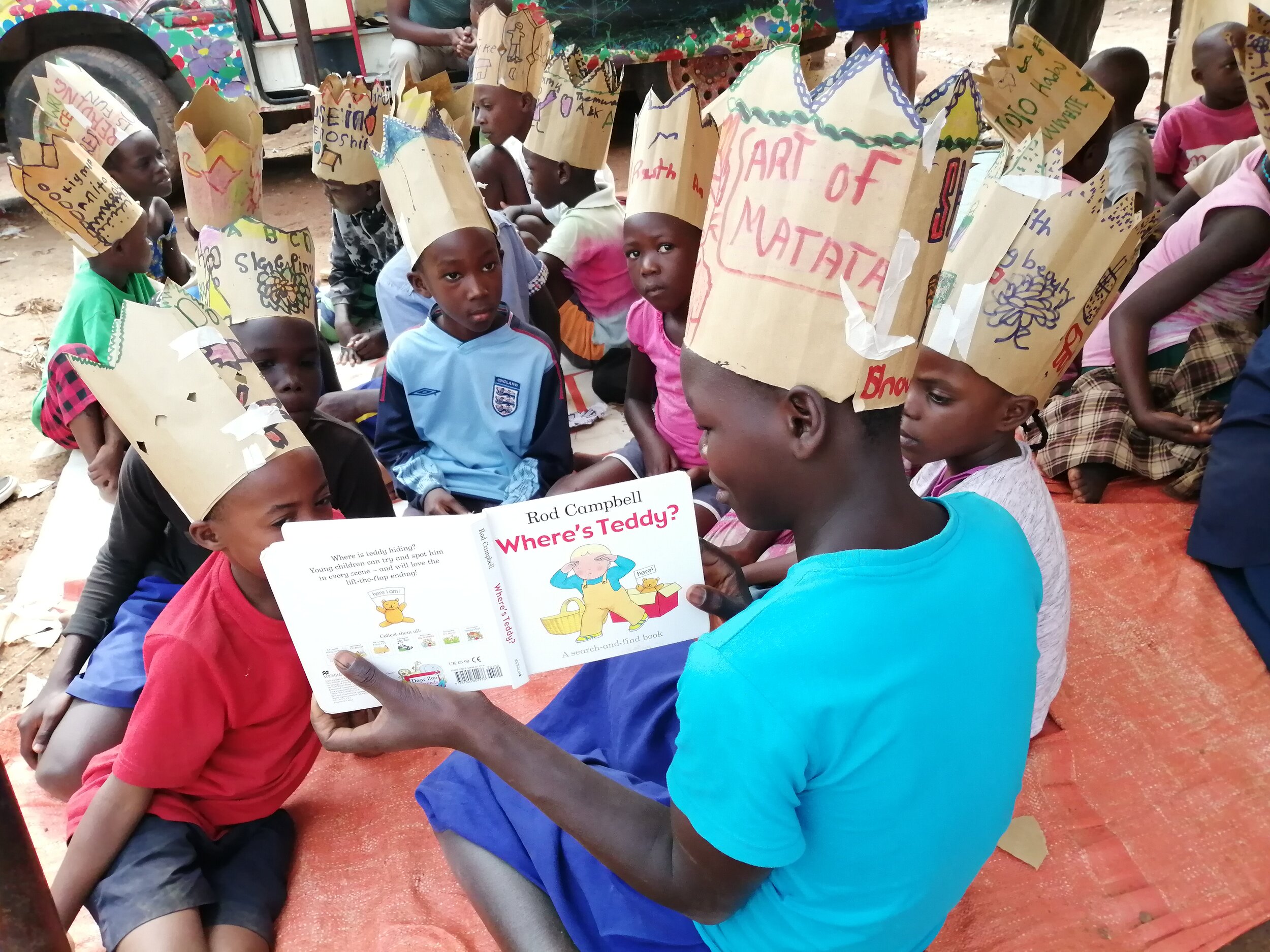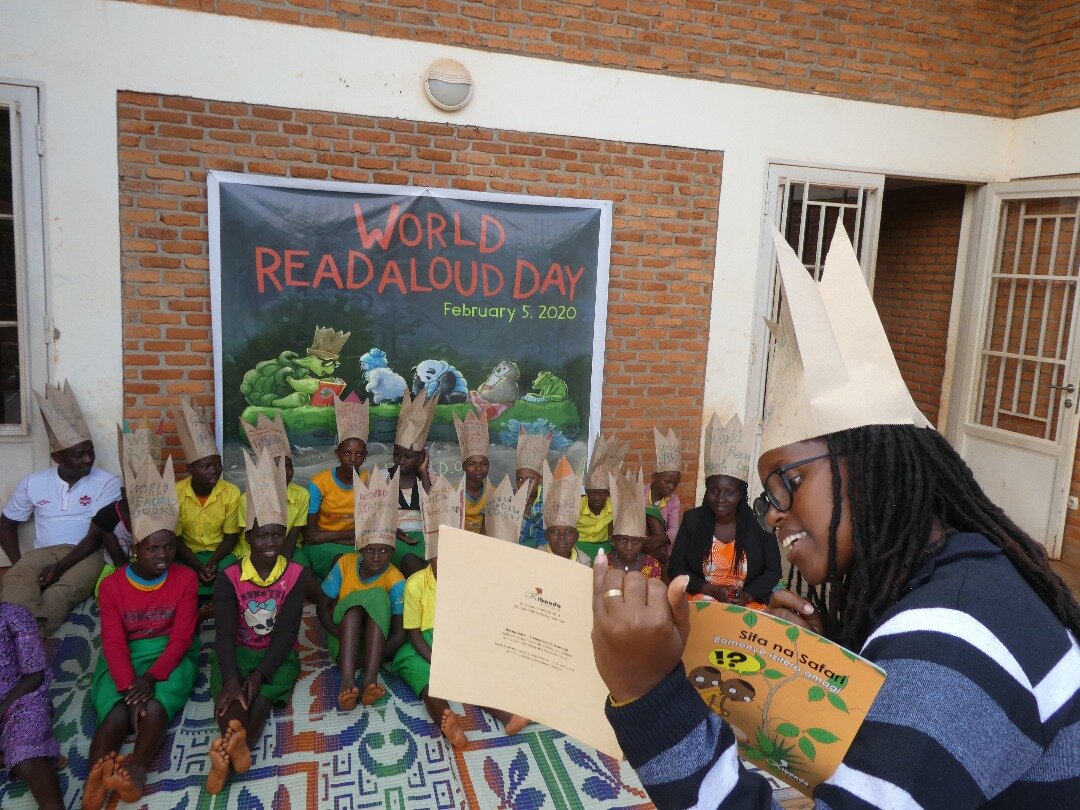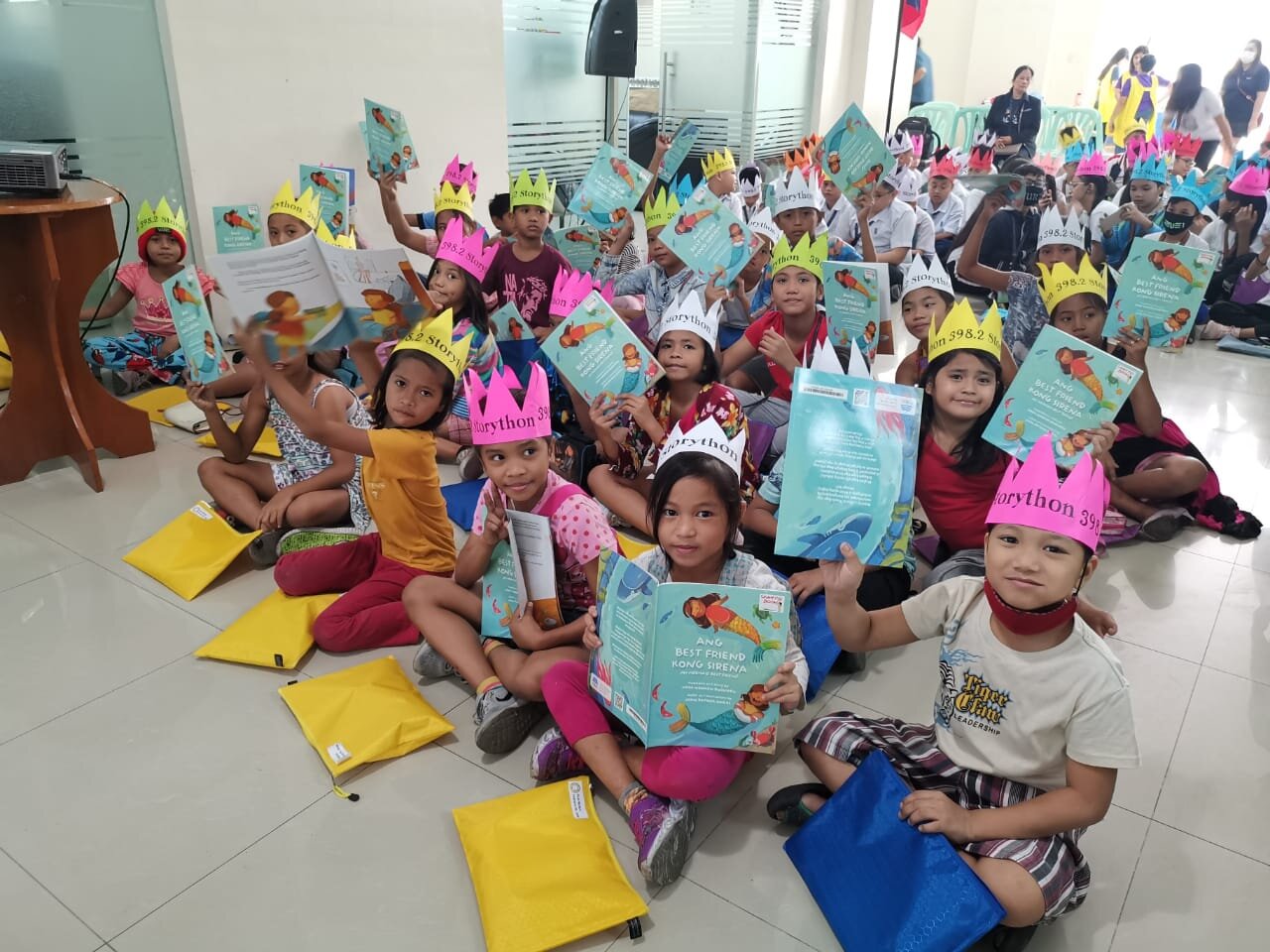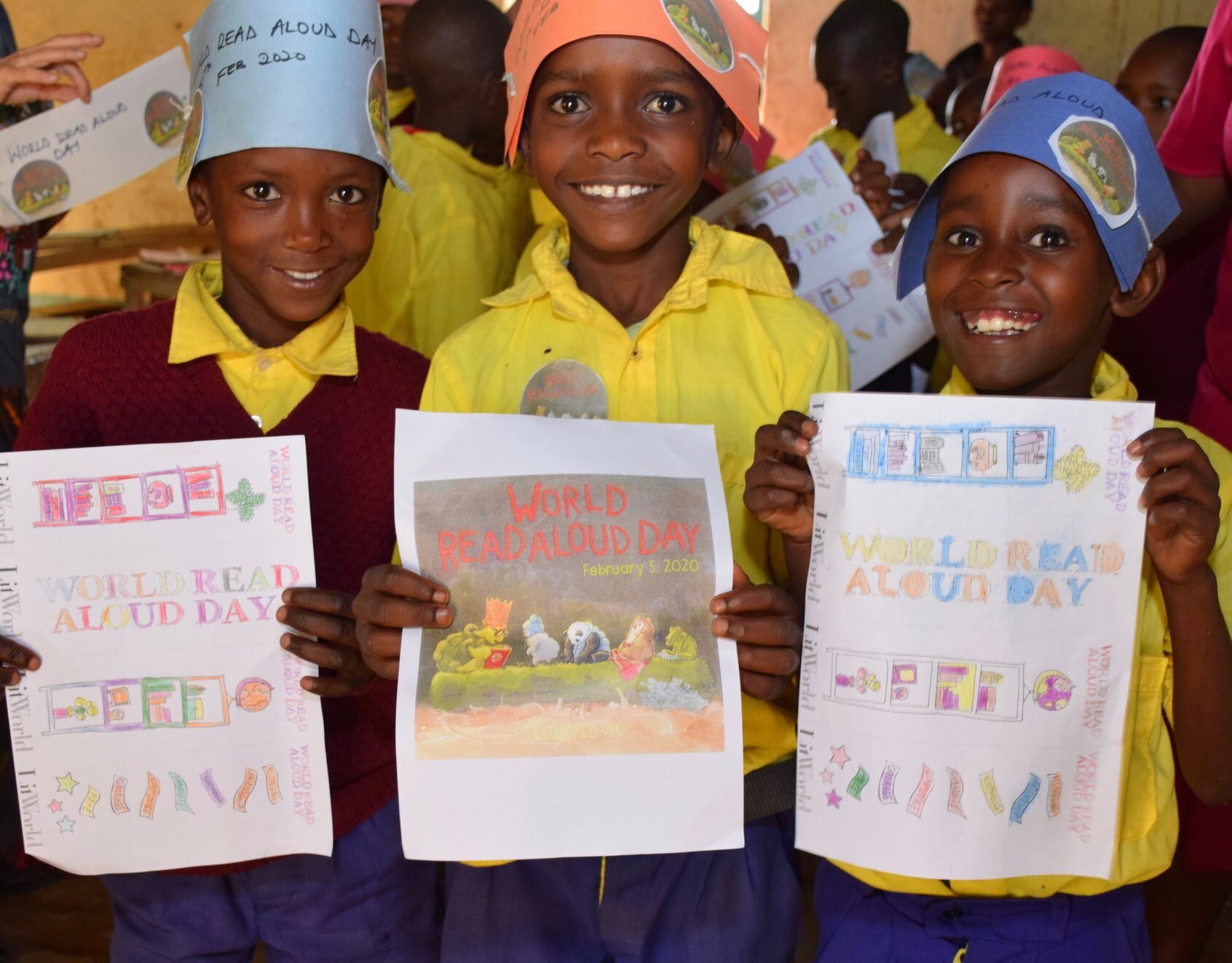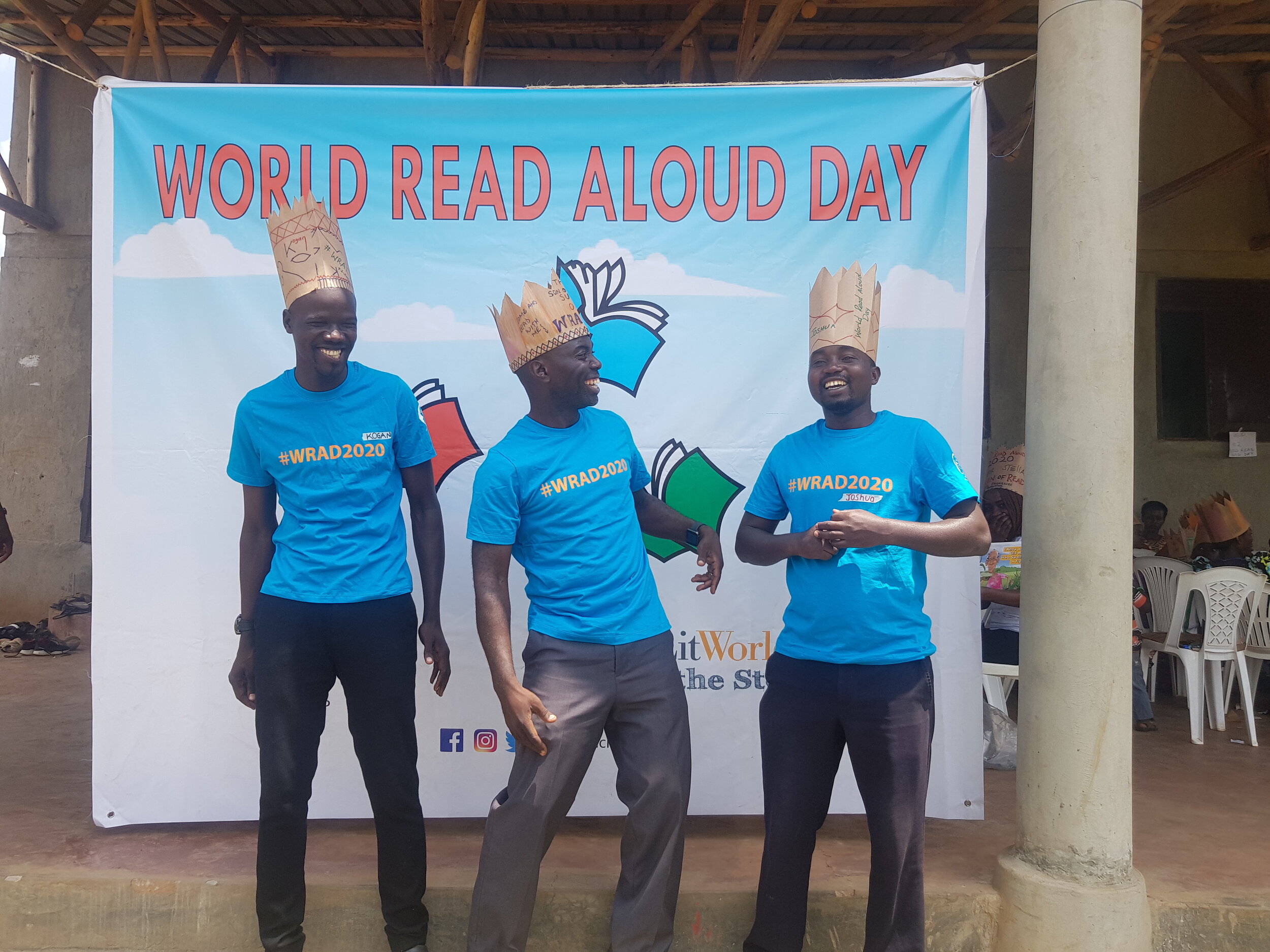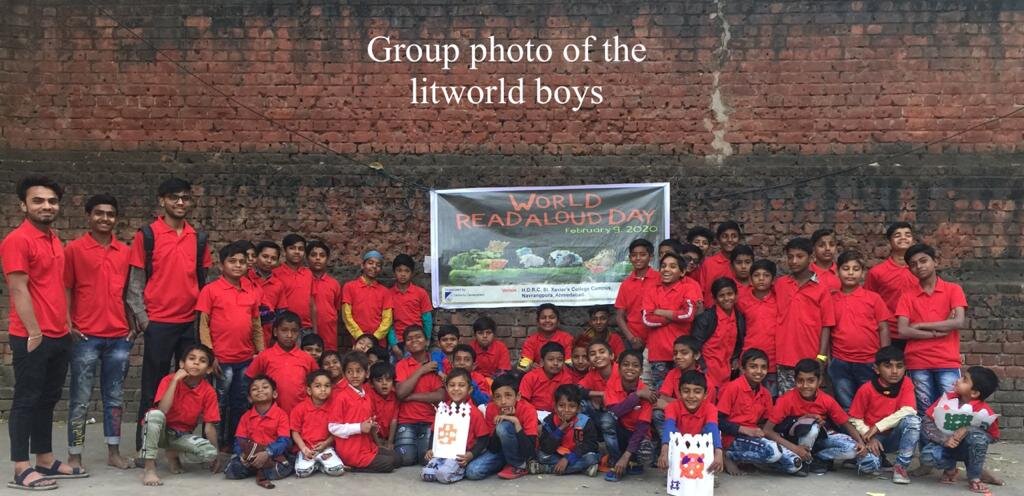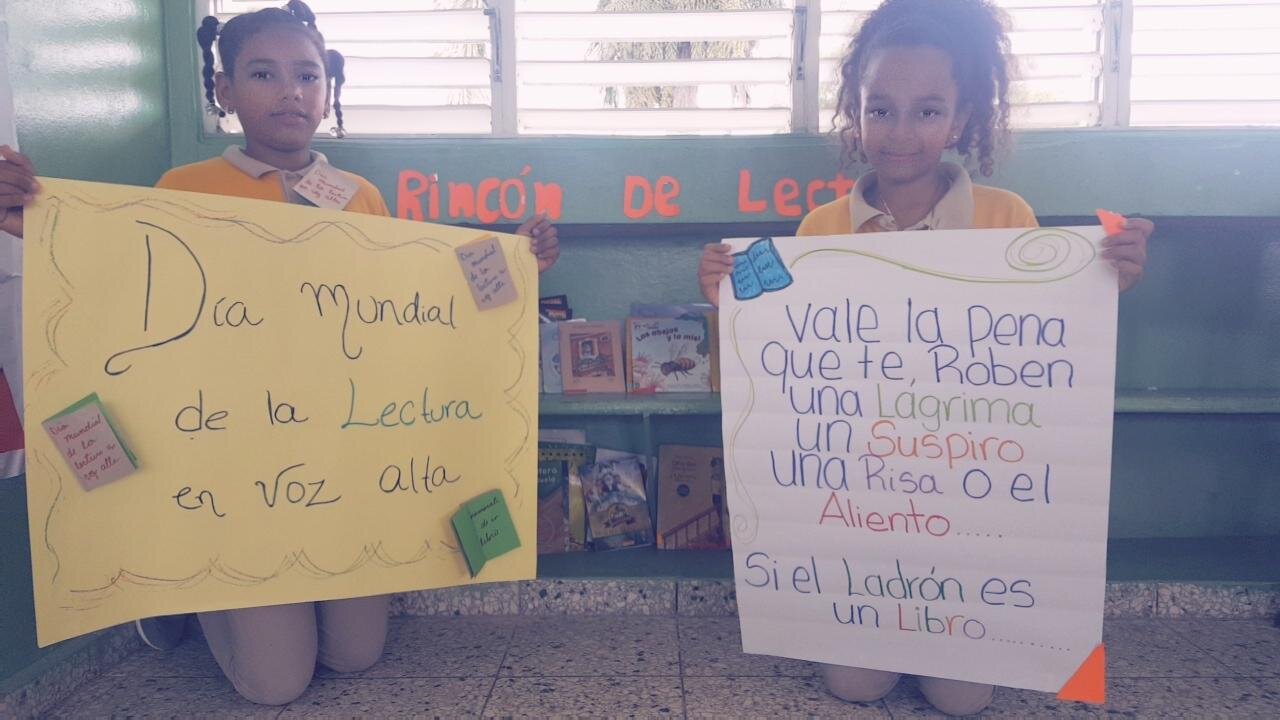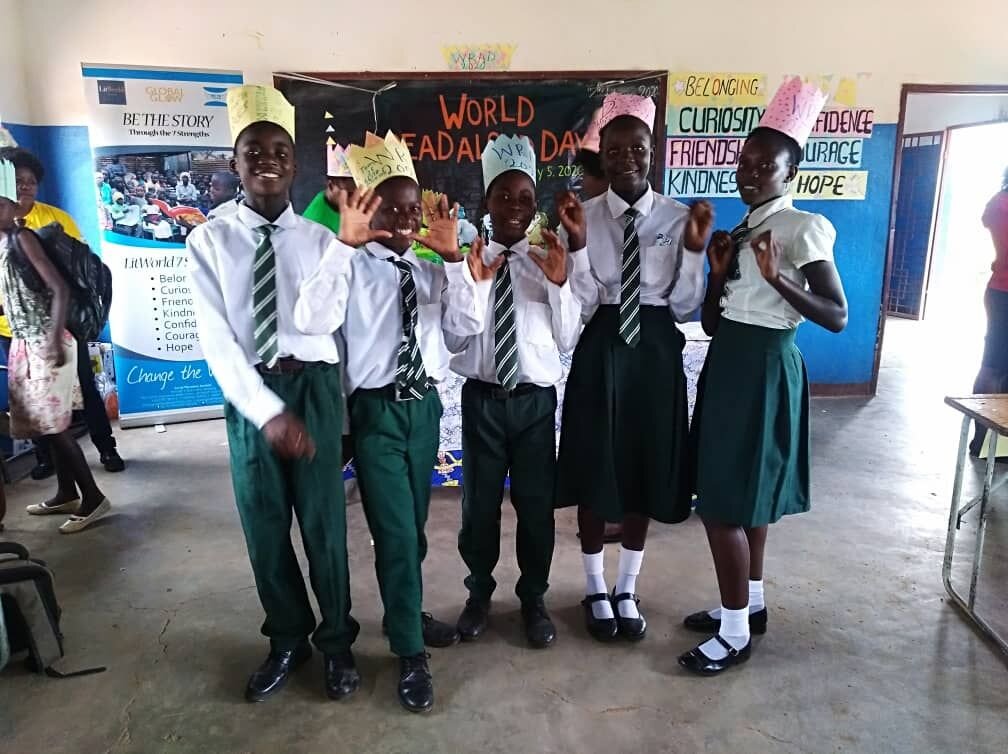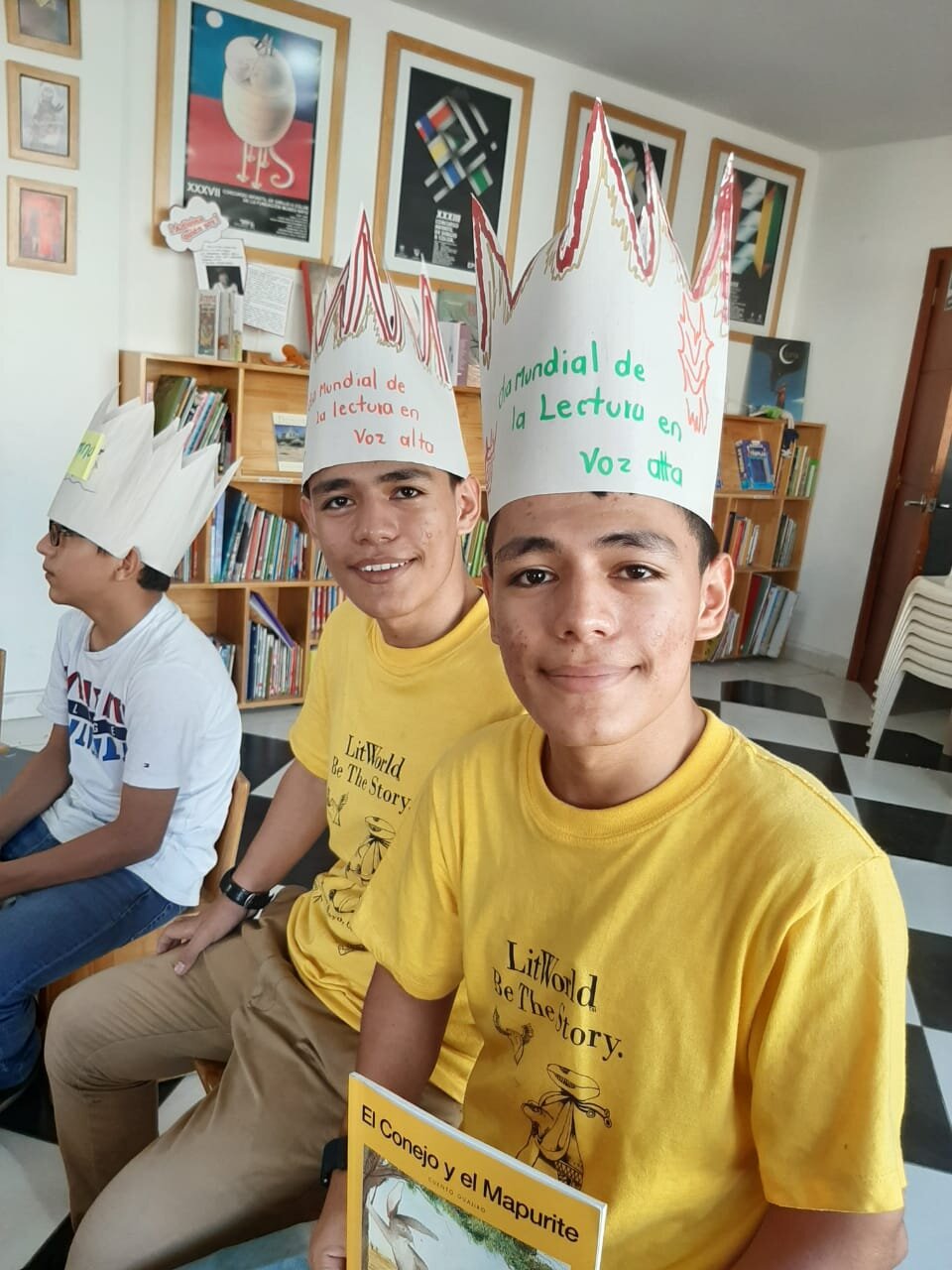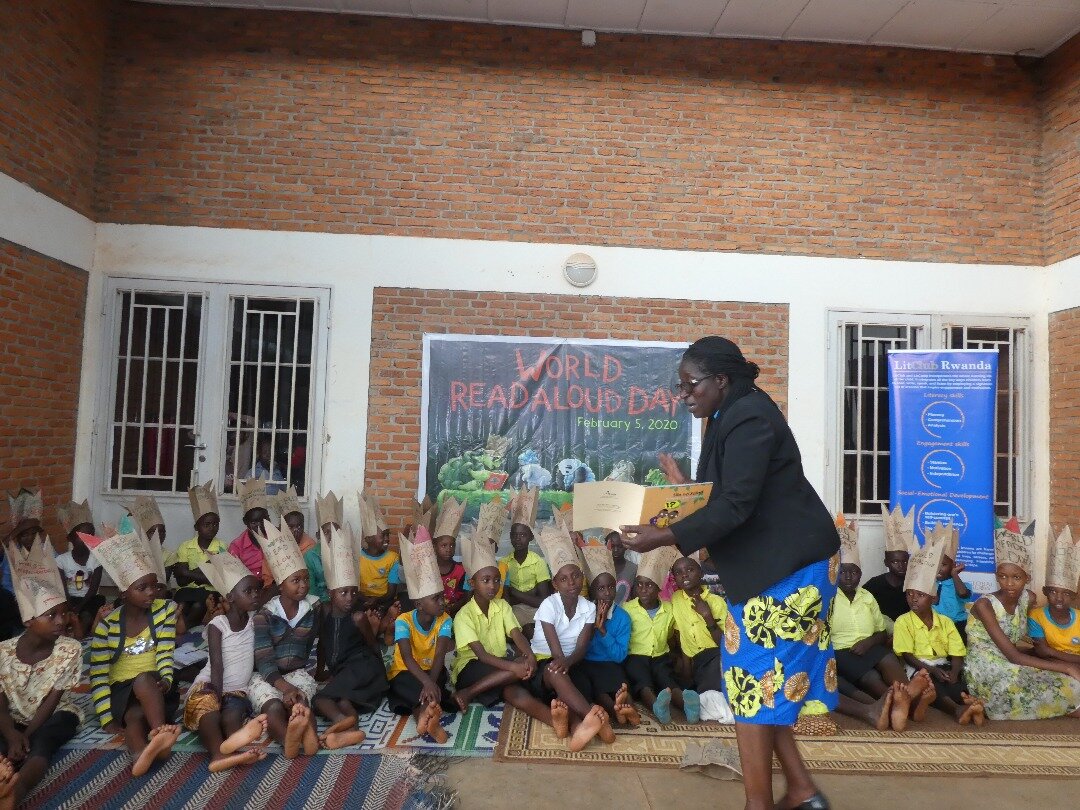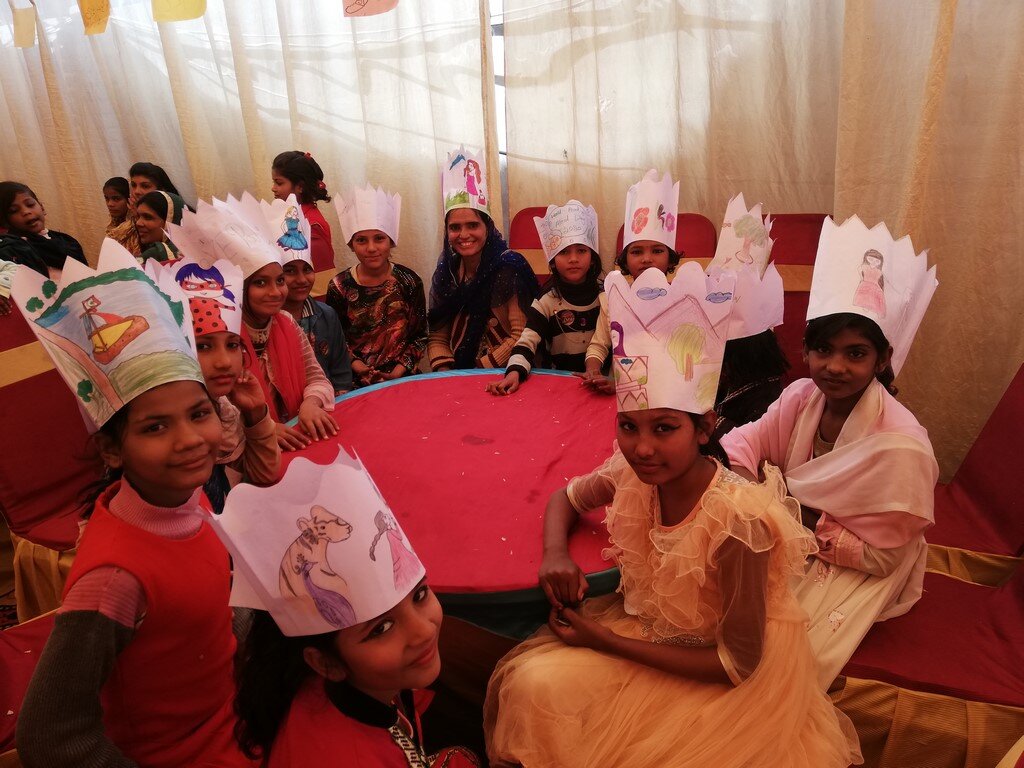“Can literacy, especially storytelling, change lives and the world?”
This is the question posed by Why Stories Matter, a newly-released research brief co-published by LitWorld and the University of Notre Dame’s Center for Literacy Education. The answer? A resounding “Absolutely!”
Co-published by LitWorld Executive Director Dorothy Lee, LitWorld Board Member Ernest Morrell, and Jodene Morrell, this research brief discusses the power of storytelling and how LitWorld has strengthened millions of kids, educators, families, and communities through storytelling.
“By helping kids become powerful storytellers, we also help them to develop positive reader and writer identities, thrive in school, contribute to their communities, and build lives of dignity, hope, and joy.”
Highlighting the ways in which LitWorld’s approach simultaneously embodies evidence-based education best practices and leverages innovative community-driven tools, the brief also touches upon the heart of LitWorld’s mission: sharing the stories of children themselves.
From 9-year-old Rosie who was given the chance to attend LitCamp instead of summer school and emerged as a motivated and engaged learner, reader, writer, and creator, to Adrian from Valle del Cauca, Colombia, who has transformed into a confident and enthusiastic learner thanks to the safe space provided by LitClubs, countless lives have been touched and transformed through the power of stories.
Read the brief now to learn more about the methodology behind our work and for the stories that bring it all to life!





